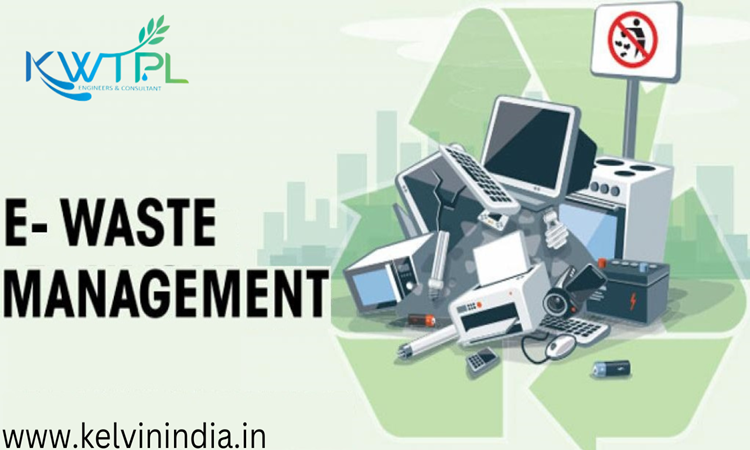What is the function of Effluent Treatment Plant in Water Treatment?
An Effluent Treatment Plant is a facility designed to treat wastewater or effluent generated from various sources such as industrial processes, commercial activities, or municipal sewage systems. The primary function of an Effluent Treatment Plant is to eliminate contaminants, pollutants, and detrimental substances from wastewater prior to its release into the environment or its reuse for non-potable applications. Components and Processes Types of Effluent Treatment Plant Importance of Effluent Treatment Plant Significance of Effluent Treatment Plant in water treatment 1….
